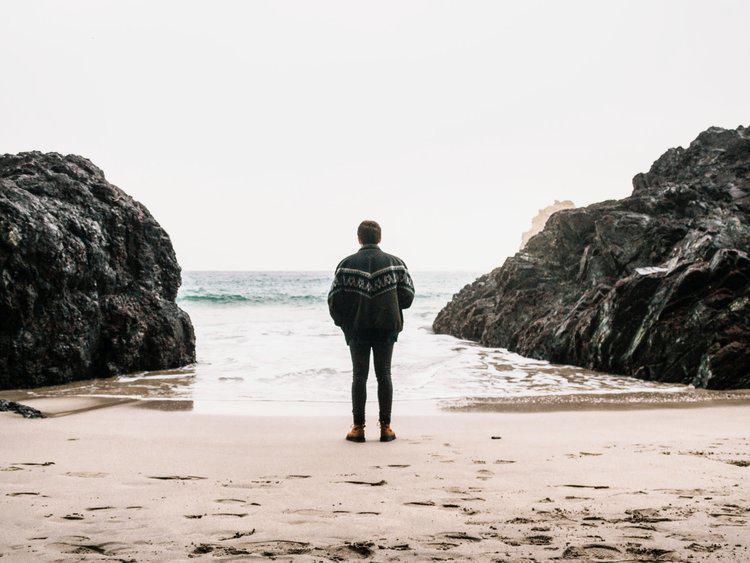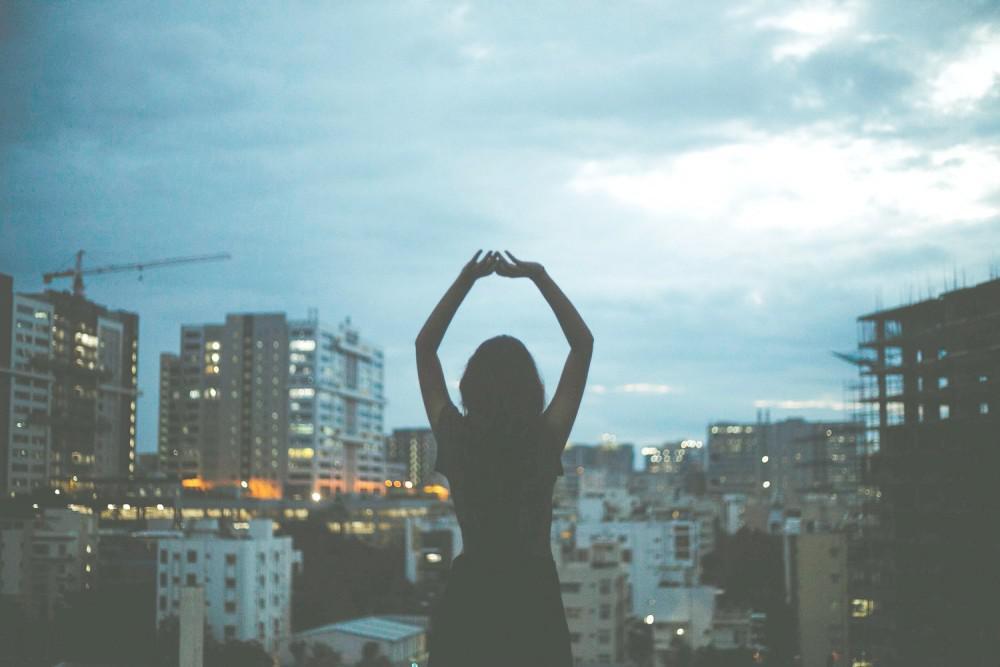Addiction can be viewed in various ways – from a psychological vs. physiological perspective, to the debate between whether or not there is a biological basis for addiction. Through my training, clinical experience and the lens of Buddhist psychology, addiction is not a matter of biology. It’s not some flaw in your design, some genetic mistake that predisposes you to a life of struggle and suffering. Rather, addiction is as incredibly simple (and insanely complex) as the brain’s inherent inclination toward pleasure and away from pain.
I believe that as a society, we suffer from an epidemic of addiction. When I say “addiction”, I’m not referring to the most extreme cases, or the more obvious examples of illicit street drugs or Alcoholics Anonymous. To me, the term addiction can be very loosely and generally applied to any instance in which we are mindlessly – meaning at the mercy of ego or the mind – looking for things that feel good and running from things that feel bad.
In fact, all of our brains are wired to do just that: find what feels good and resist what feels bad. This inherent inclination is meant to ensure our survival: things such as eating, procreating or seeking shelter from the cold give us pleasure and conversely, any threat to our safety (both physical and psychological) – starvation, loneliness or extreme temperatures, to name a few – causes us pain.


In our modern Western context, this very basic “fight or flight” response can result in a great deal of suffering. According to Buddhism, the mind is responsible for suffering (suffering being different from pain – click hereto read about the difference between the two). We are all addicts, in this sense: we use anything and everything to avoid pain and feel pleasure. Some of us become true “holics” – whether our addiction is to work, sex or some sort of substance. Others are addicted in far more subtle ways: when we zone out to a Netflix binge or keep eating those evening snacks long after we’re full. We want to feel good – so we seek out connection, excitement, adventure (or even just dessert!). And we don’t want to feel bad – so we end up at the mercy of our minds, impulsively reacting to any distress. As the Buddha said “Rule your mind or it will rule you”.
In this sense, the “Buddhist psychological antidote” to addiction is to learn how to sit with pain. To lean in, surrender and accept that all emotions are valid and that we are strong and capable enough to sit with them and to hold them all in Love. Through this lens, one can see how addiction robs us of the ability to feel our feelings (among many other things).
While the costs of addiction can be numerous and diverse – from physical health problems and an inability to function to challenges with work, relationships and self-care – what I want to focus on in this article is what I believe to be the greatest tragedy of addiction:
Addiction convinces us that we are not enough.
It sends the message that we were born incomplete, missing some capability or strength that we need in order to be “okay”, to function in the world or to feel joy. Addiction convinces us that we were not born with everything we need already inside of us, but rather, that we need something external to get by – a job or a relationship, food or drugs or alcohol or even something as seemingly innocuous as cinematic distraction.
In all of these cases, the underlying assumption is one of incredible disempowerment, a lie that robs us of the Truth of who we really are.
And the Truth, as the Buddha said, is this: that peace comes from within and as such, we should not – we neednot – seek it without. The Truth is that you are a spark of Light, of the Divine, a gorgeous manifestation created in the image of God. You are not your body or your mind, your physical form or matter. Rather, you are your Essence, your spirit or soul or heart or Highest Self. Whatever you call it, however you conceive of the place within you that is “pure, radiant, awareness” (again, thank you Buddha), that is who you really are.
You are not the stories in your mind, the negative self-talk or all of your self-limiting beliefs. You are not the horribly mean voice who lives in your head – that voice is simply there to protect you from threats and danger and to ensure your physical survival. That voice is not there to help you find lasting inner peace or happiness.
The mind chatter protects your physical health. Your heart – the voice that you perceive in your gut, that you can hear as intuition or a feeling or a deep knowing – protects your mental health.
Your heart – your connection to the Divine, to God, to the universal energy of Oneness – is what you need to hear, to listen to in order to break the cycle of addiction. Because that place within you – the incredible Love that you are – will never tell you that you are essentially broken, missing some sort of function or ability that you need in order to grow and thrive and become your absolute Highest Self.
It will tell you, instead, the Truth: that you, like all other creatures on this earth, were born to reach the apex of your potential, and that you were given everything you could ever need to get there. It will tell you that from the second you were born, you had all of the wisdom and integrity, the intelligence and kindness and resilience necessary to help you grow into the most dazzling manifestation of Divine Light and Love that you are. No matter how many traumas or heartbreaks or setbacks you’ve suffered. You’re still perfect.
Don’t let addiction disempower you. Don’t let Fear convince you that you can’t, that you’re less than or unable or simply aren’t enough. Listen to Love, to your heart, when she tells you that she unconditionally adores you, in all of your human imperfections.
Because the Truth is, sweet reader, that you are enough. Right now, in this moment. No matter where you came from or where you’re going, no matter how many peaks you’ve had to climb, or how many times you’ve stood up only to fall right back down.
Because the thing is this: You’re so much stronger than your mind will ever tell you. You know how to get back up. How to climb that mountain or jump that hurdle or just sit in the shattered mess of it all, with the pain and the tears and the brokenness of everything. And to survive.
All you have to do, as Rumi said, is “close your eyes. Fall in love.” And then “stay there.”
So turn inward. Ask for Love to help you be brave. Listen for the brilliance within, the Light that illuminates all of the courage simply waiting there for you to discover. And when you hear the answer, when you learn how to find your way back Home – don’t ever leave.DEPRESSION, ANXIETY, STRESS, MEN’S MENTAL HEALTH

